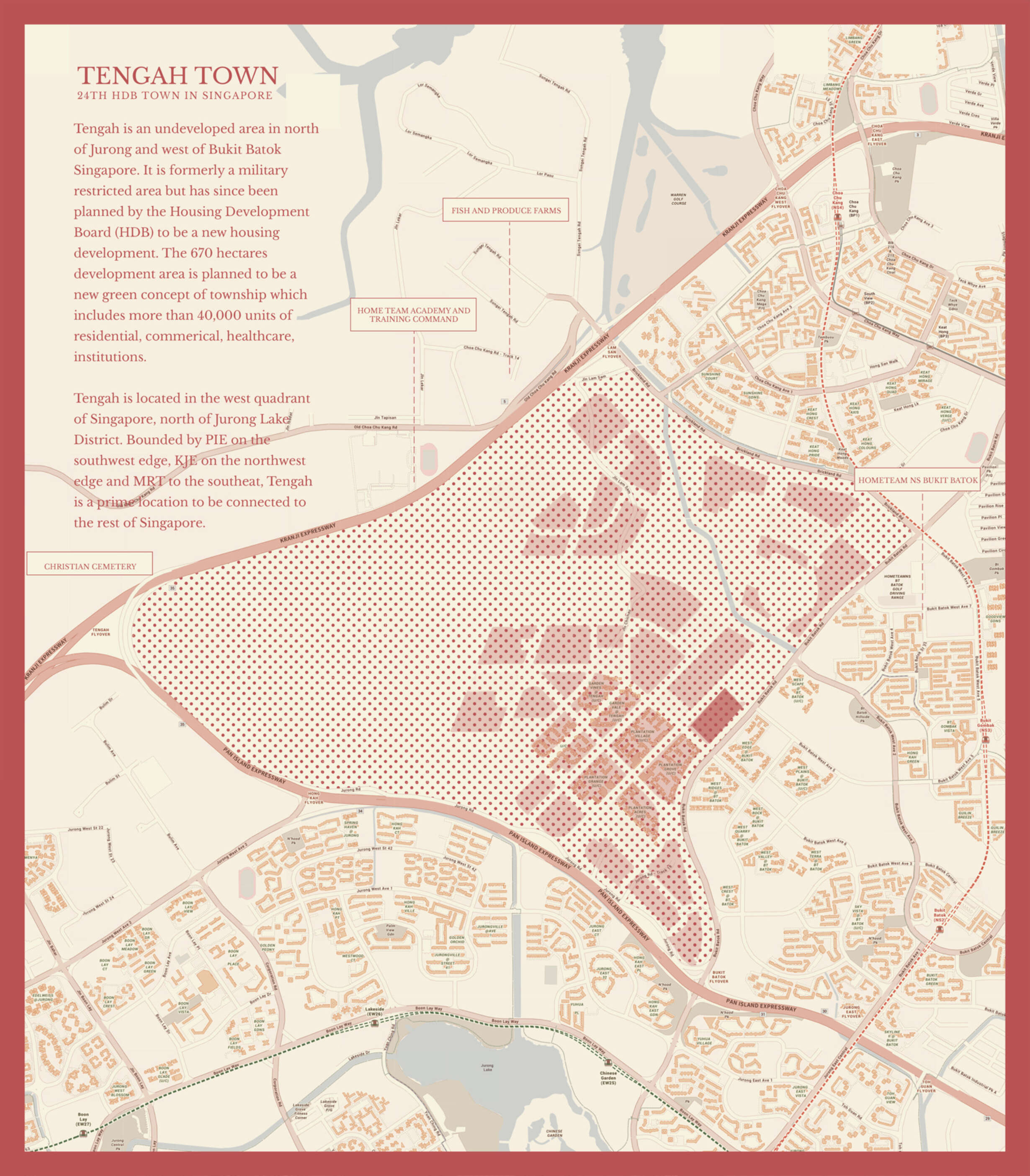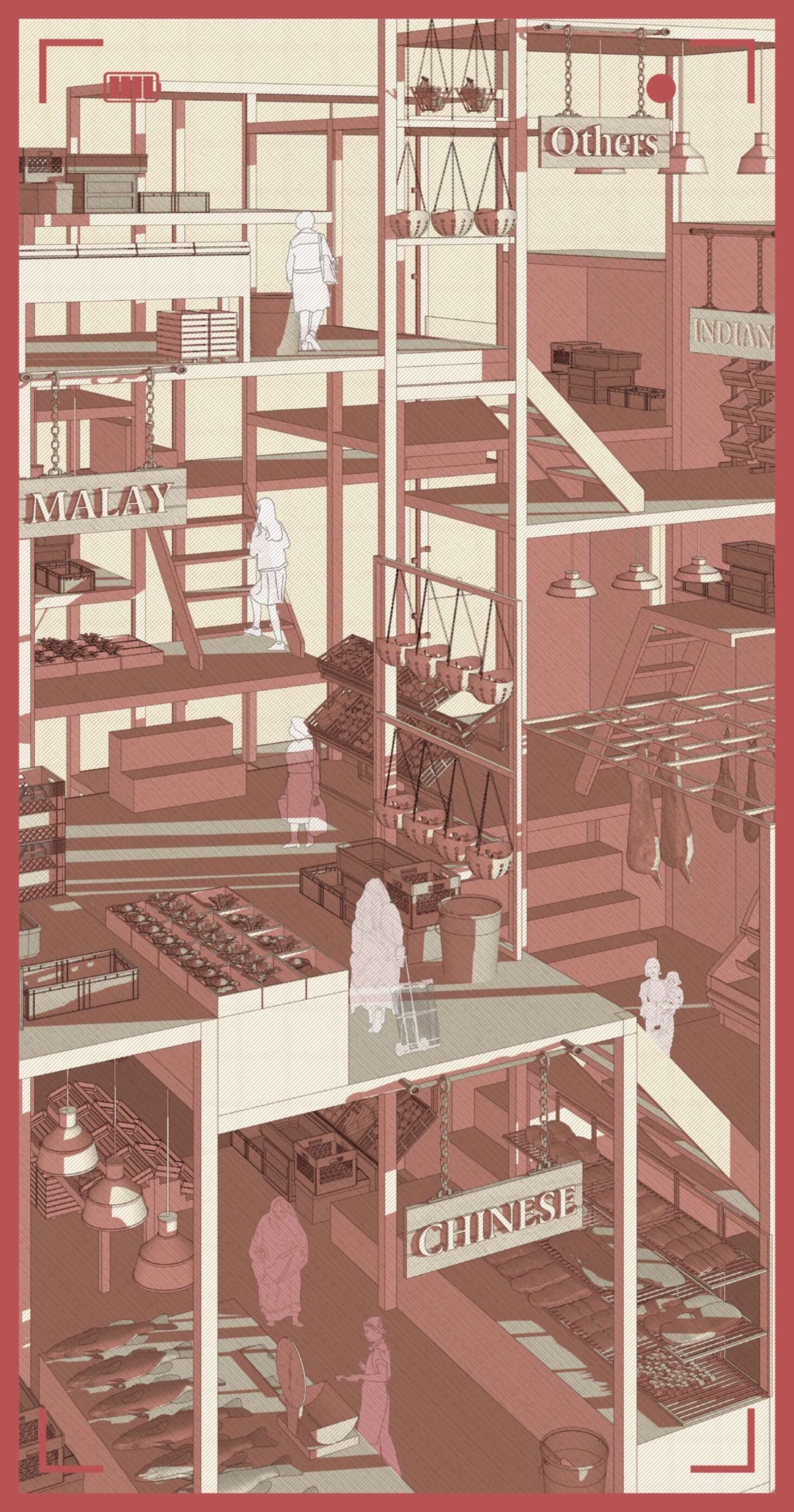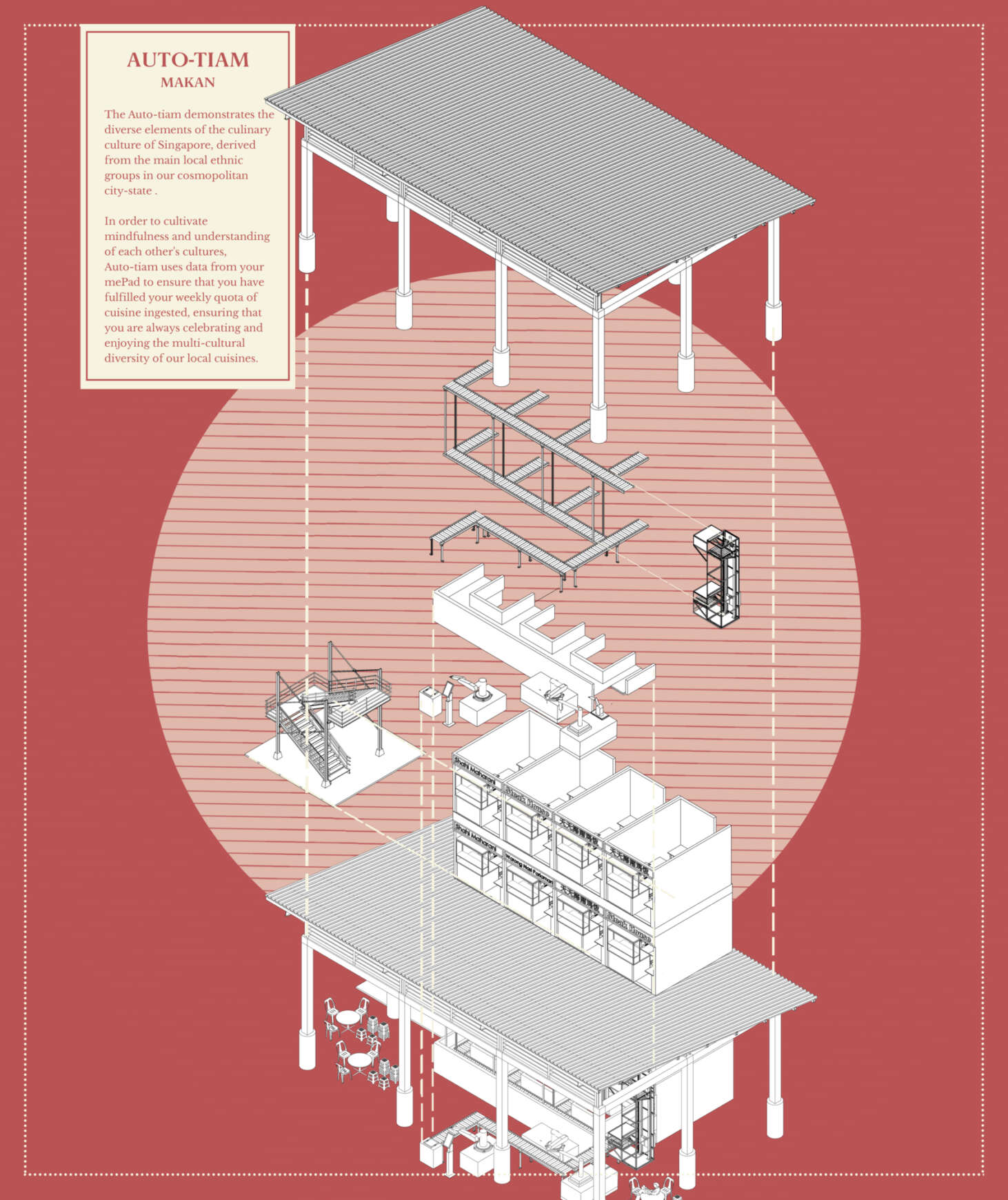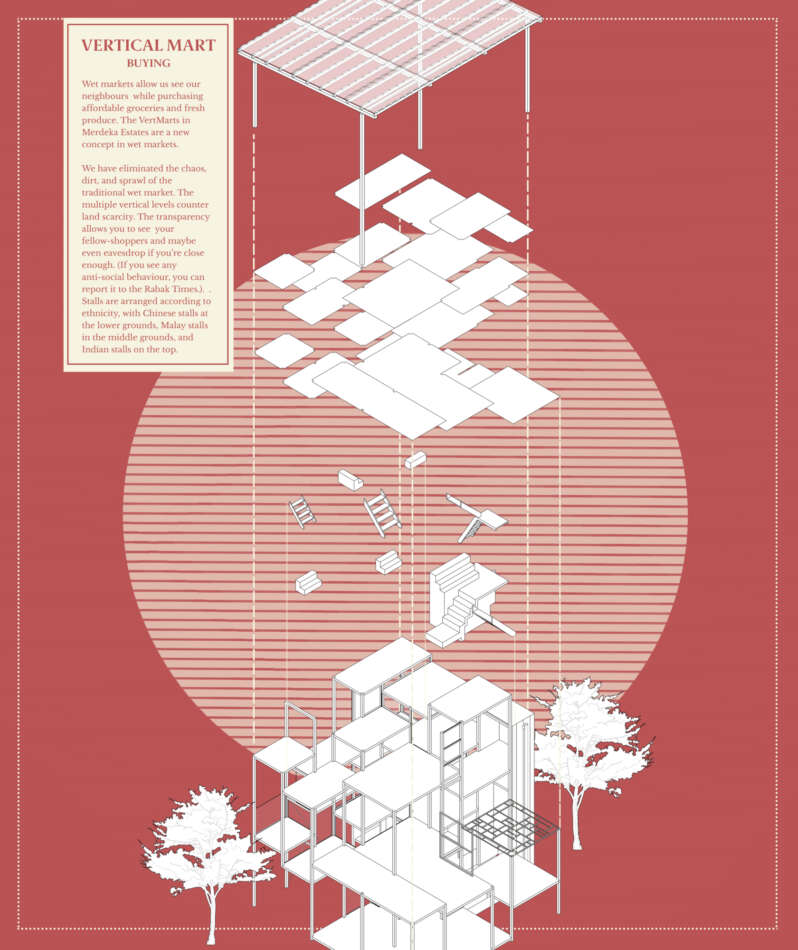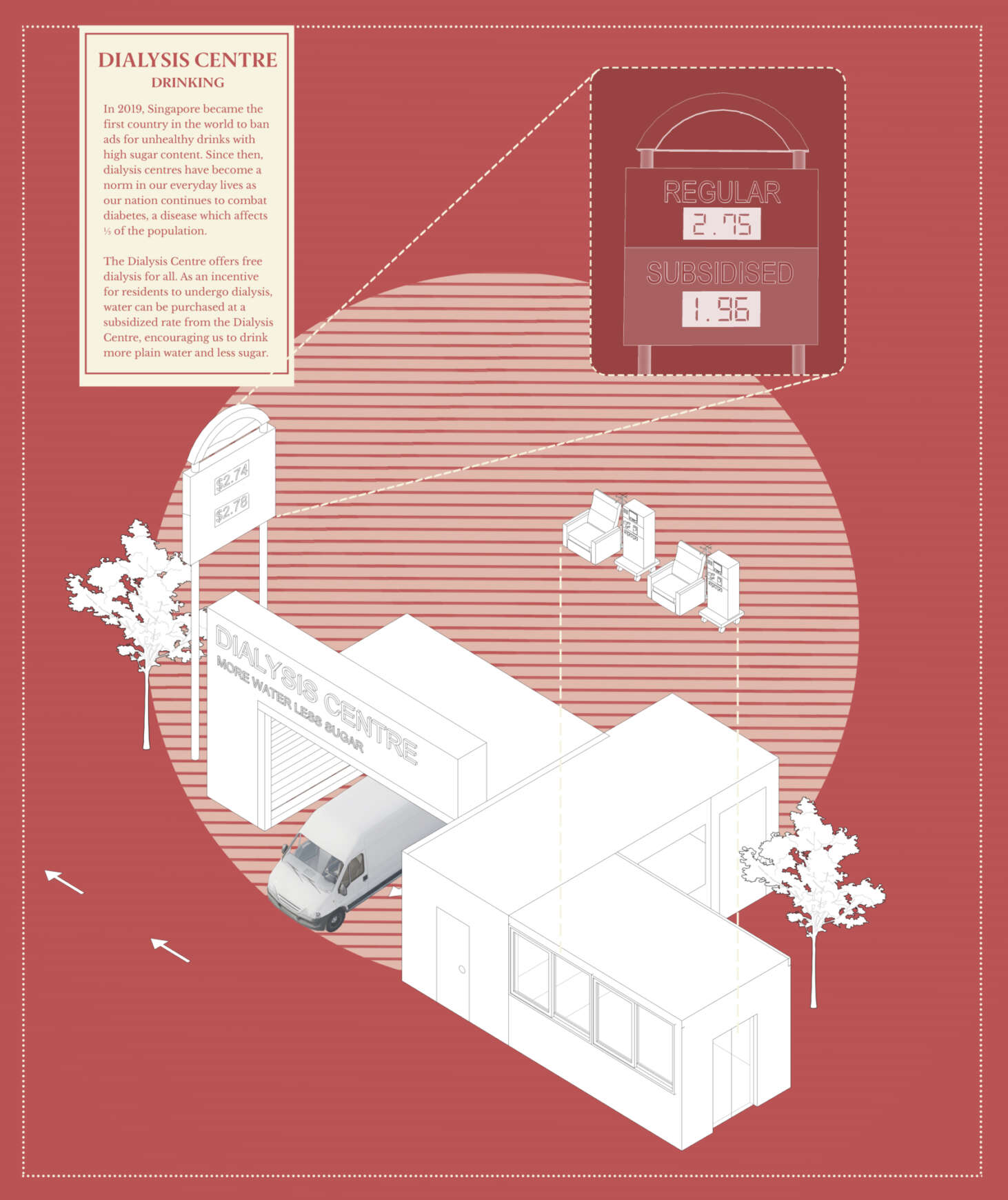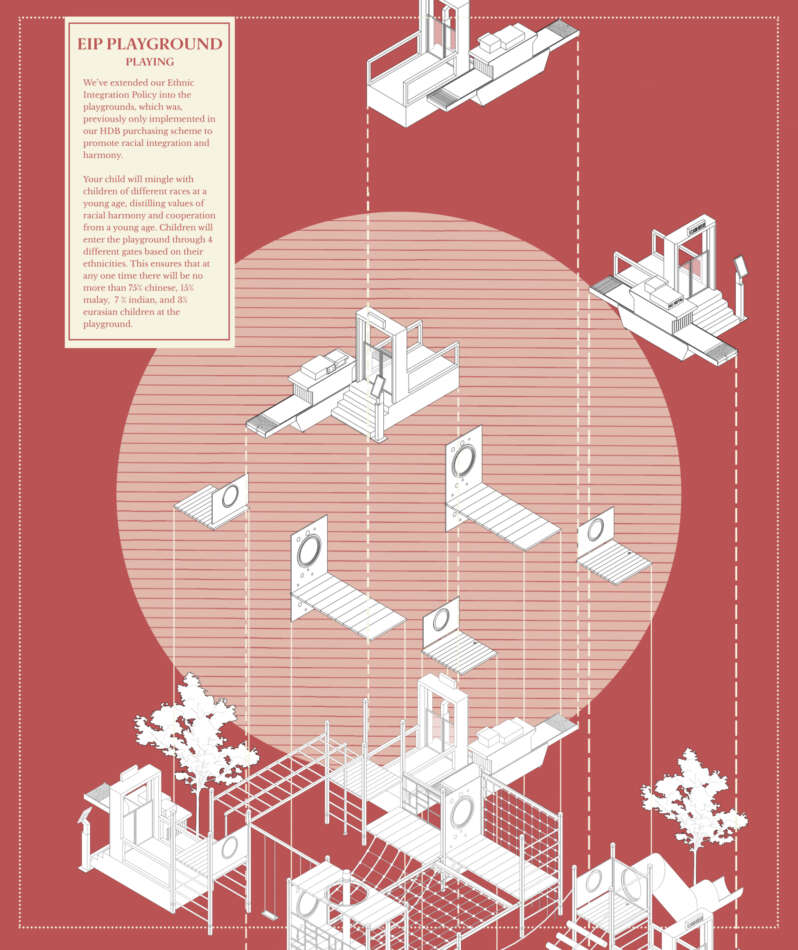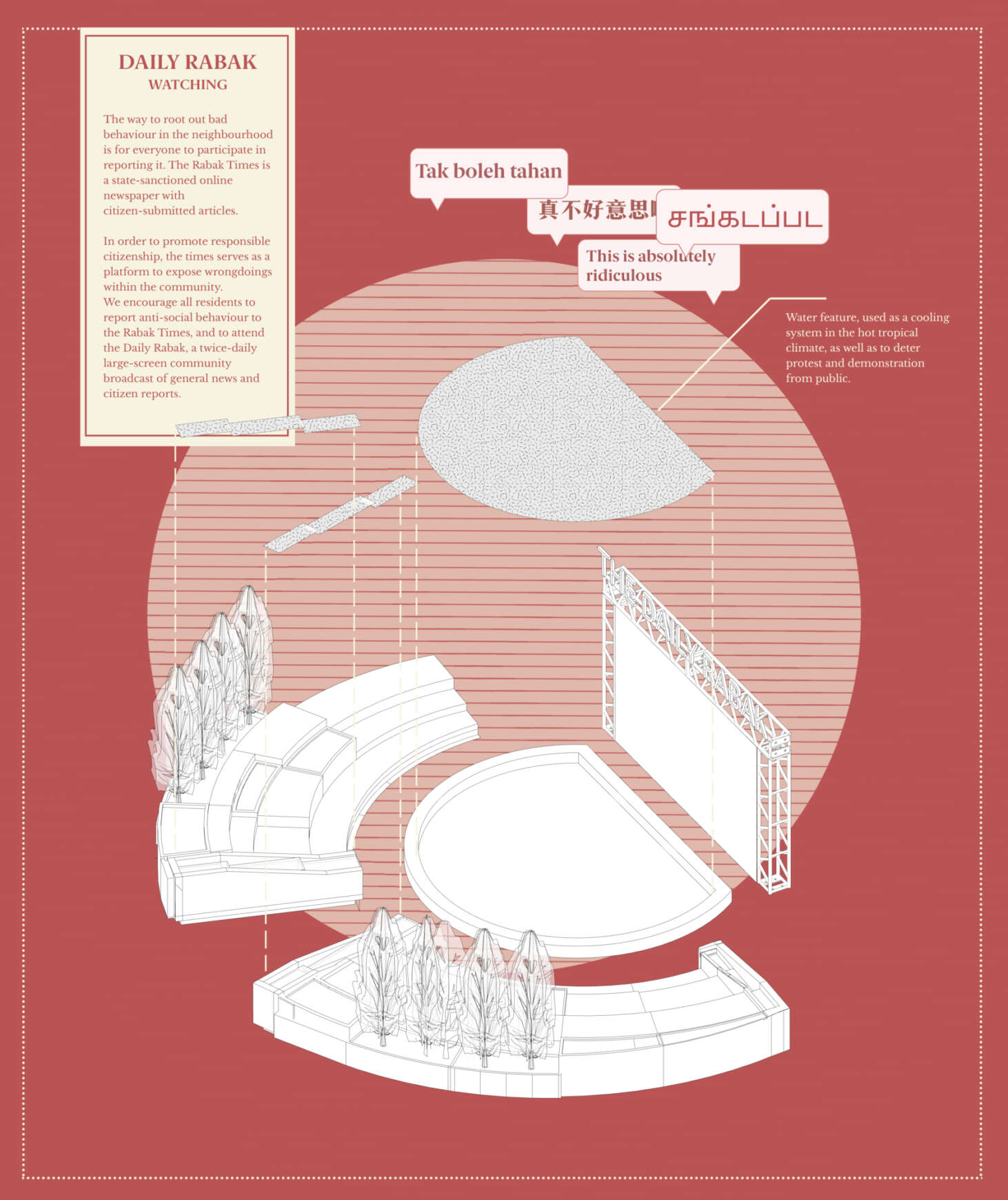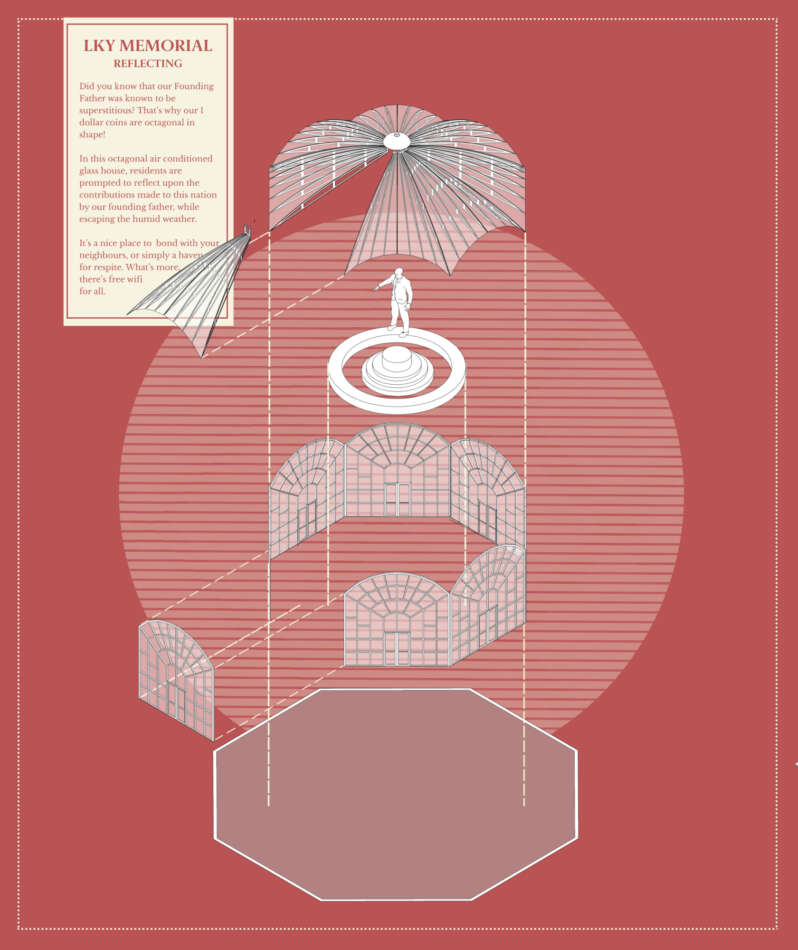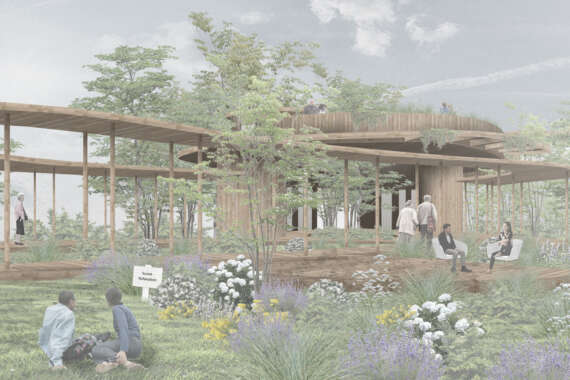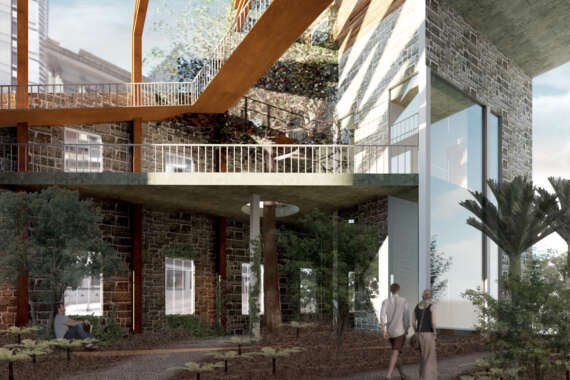Happiness, Prosperity and Progress for our Nation: Architecture for a Control Society
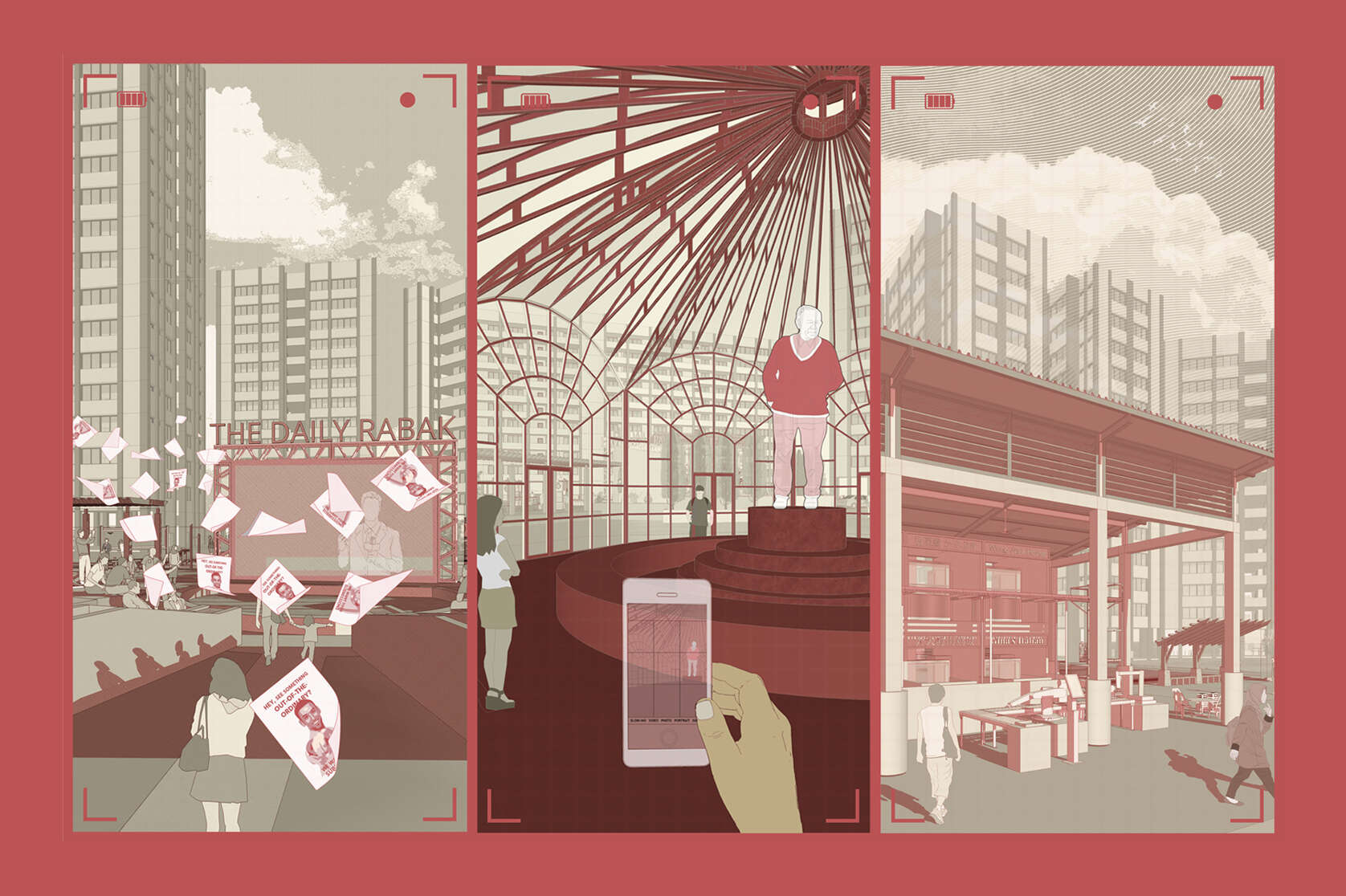
How much of your private freedom are you willing to forgo for your public freedom?
This thesis is about the ways in which architecture might manifest disciplinary state power, as played out in relation to a particular case study, namely public housing estates in Singapore. By examining issues of democracy, history, and national identity, this project is intended to show something of the uniqueness of Singapore’s style of governance, as well as how architecture, rooted in nostalgia, may serve the state’s agenda.







